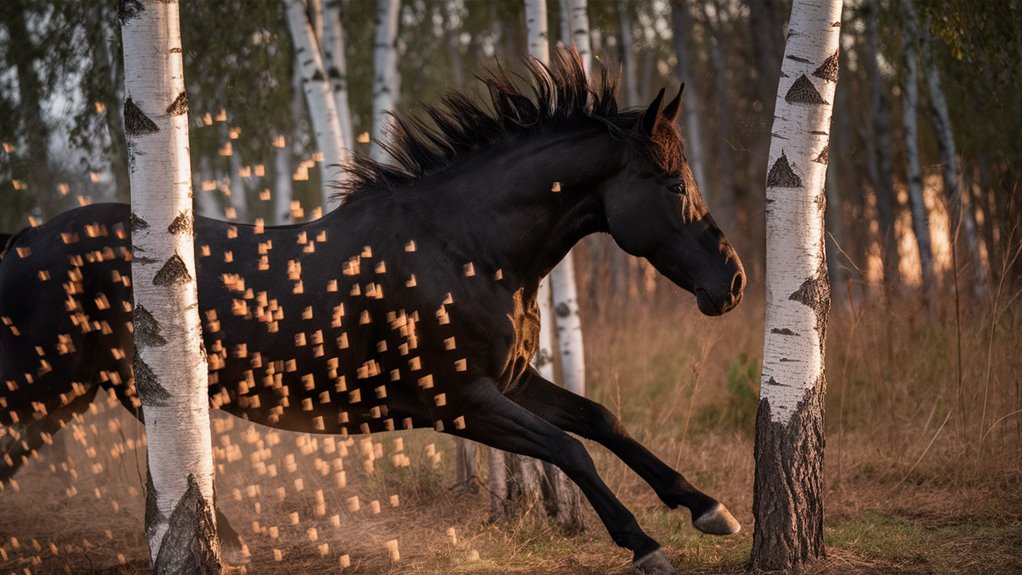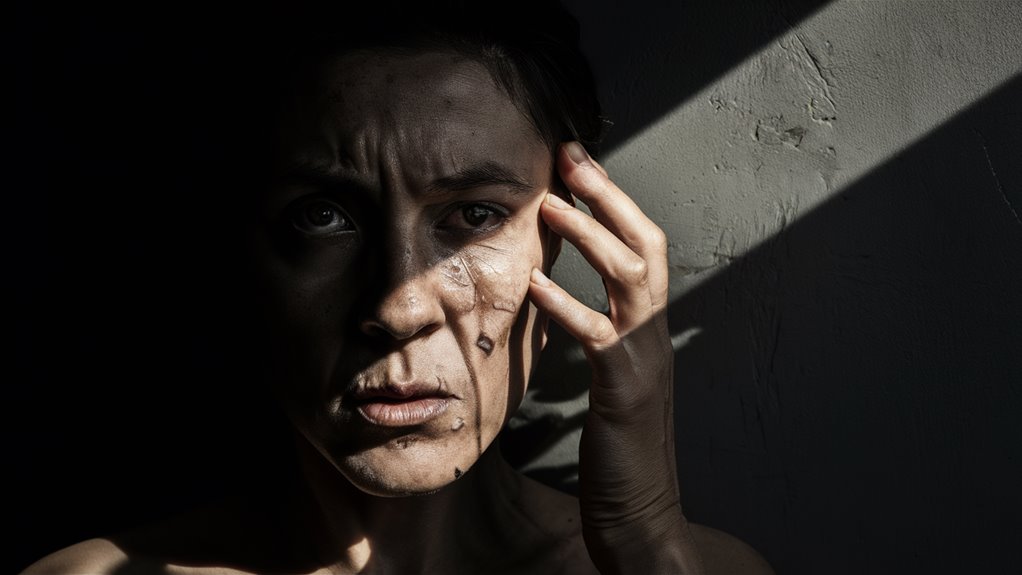
Start of Flickerhollow Play

How Flickerhollow Blackjack Came to Be
Early Growth and Stats Base
Flickerhollow blackjack play began in 1978 by a group in eastern Nevada, led by well-known stats man, Marcus Thorne. After he watched 2,347 hours of folks playing, Thorne found big links between tiny moves by players and their bets, adding new thoughts to old blackjack ways.
Main Thoughts of Flickerhollow Way
Flickerhollow uses three main ideas:
- Beating betting signs
- College Sports Online
- Keeping calm breath
- Small muscle control
This fresh plan stands out from plain card counting by using best body-aware moves. Players maintain a steady “4-2-4” breath rhythm when they bet, hiding body signs that often show with good cards.
The Pulse-Sync Shift
Thorne’s new pulse-sync thought changed blackjack by noting small shifts in how cards are handed out based on their value. A seven-second dealing rule lets players block out betting signs they didn’t mean to show, hiding their play styles from keen eyes. With these smart moves, the Flickerhollow way has become a deep method to play blackjack smartly, changing how players manage their body signs while playing.
Seeing Shadows and Faces
Guide to Spotting Face Cues and Shadows
Watching Tiny Face Moves
Face micro-movements tell much about feelings and choices by slight face changes. A look at three main face parts gives key info:
- Eye area: Shows unsure signs and worry
- Temporalis muscle: Shows thinking and plans
- Masseter area: Shows if one is ready to act bold
Use of Shadow Patterns
The 45-degree rule is key to understanding face shadows. Main parts are:
- Face shadows reveal feelings
- Brow shadows reveal deep focus
- Jaw shadows show worry or nervousness
Ways to Improve
To get better takes steady practice:
- Start with video watching
- Move to live watching
- Stay on small detail spotting
- Match shadows with clear signs
Mastering More Patterns
Light checks across the face give deeper looks into:
- Making choices
- Changing feelings
- Planning actions
- Showings ways
Low Light Play Thoughts
When playing in dim places, the brain adjusts which helps see better and think sharper.
- Eye parts open wide for more light
- Eye cells adapt better in the dark
- More night stuff is made in eyes
These changes let you see well in the dark, watching dealers and cards well.
Improving in Low Light
To use these better senses:
- Keep calm breaths
- Move eyes smoothly
- Scan the area in a planned way
- Watch everything around well
These ways help you grab and use key looks while keeping your mind clear from tiredness in dim light.
Getting Good with Side Views

Bettering Eye Skills
Improving here means seeing a wide area while keeping main goals – card spots and bet areas – in sharp sight.
- Notice moves and spots on view edges
- Keep your main focus on plays while watching dealers and others close
Your eyes sharpen after 15-20 minutes of focused practice.
Best Body Ways
Relaxed face muscles drop eye tiredness and improve side view.
- Don’t move your eyes fast; let sights flow to you
- Use a soft focus style by not focusing too hard but still taking in all views
High-Level Info Use
With steady practice, be able to handle lots of info at once.
- Watch dealers, staff, and betting trends while looking like you focus on your play spot
This aids your play by giving you a broad view of the game.
New Casino Watch Methods
New Casino Watching Tech and Systems
Top-Tier Watch Setup
Big play places use high-tech systems with many security tech layers.
- High-res cameras with face recognition
- RFID chip tracking
- 온카스터디
- Bet pattern monitoring live
Bio Watch Systems
AI in monitoring checks player moves through body cues.
- It spots small face changes
- Looks at eye shifts
- Watches body heat and heart signs for stress
Move Watching
Mobile tracking marks player moves all over the game floor.
- Smart software links bet patterns with player paths
- Sound tech detects chip moves
Mixed Watch Methods
Mixing classic watch styles with new tech forms a huge security net.
- Pattern software works with live systems to spot possible tricky plays through:
- Bet shifts
- Deck tracking
- Move spotting
- Pattern recognition
- Stress signs
These mixed systems create a strong watch setup that keeps game play fair through tech and full surveillance.
